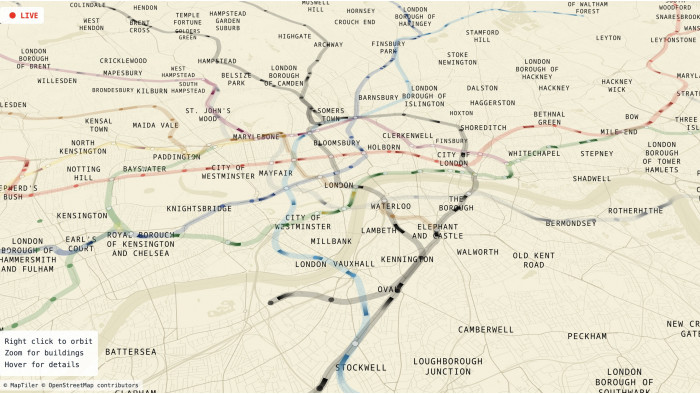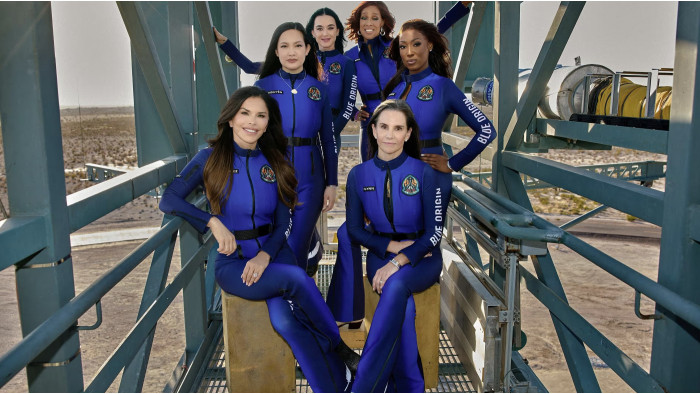This is why you do actually need to switch your phone to flight mode
They're not just asking you for fun


Among the many annoyances (yes, we're aware this is #firstworldproblem territory) of flying is being asked to switch your phone on to flight mode well before taking off, forcing us to miss out on that crucial extra two minutes of checking Twitter.
After all, we all know that it doesn't affect the plane's instruments or ability to fly - that's all been proven to be a load of nonsense, right?
Well, yes, that is correct - but there is a very good reason for the request: an active phone can annoy pilots and air traffic controllers by creating interference on an aircraft's radios. It's the same phenomenon that you might have noticed when a phone is near a speaker - that irritating "dit-dit-dit-dit" noise.
A blog post for AirlineUpdates saw a pilot write that phones can cause audible interference, although it is fairly rare. They wrote that it only happens a couple of a times a month, although it's most likely to be caused by flight attendants themselves, as they sit closest to the radios.
The post explains that three factors have to be taken into consideration for it to become an issue:
1. "Timing. Most of the time, the phone has to be actively transmitting at high power to cause the audible interference. That means it needs to be sending or receiving a call at the edge of cell reception, which is usually around 5,000 to 10,000 feet. On the ground with good reception it’s rare to hear the interference (but not impossible) and for most of the flight above 10,000′ you don’t have reception and your phone is just blissfully draining its battery in peace."
2. "The phone. Some models are worse than others, with GSM phones being some of the worst offenders. And as time goes on, I’m hearing it less and less as phone technology advances."
3. "The airplane. My personal opinion is that size is more of a factor than age here. Most of my flight experience over the past decade has been in smaller regional jets. An electrical engineer will be able to give you equations about field strength and dropoff over distance. I’m not an electrical engineer, so I’ll sum it up and say that you have to be pretty close to the radio equipment for your phone to interfere. So in a 767 with a wide fuselage and a galley between the cockpit and first class there might not be any passenger seat close enough to radio equipment for a cell phone to interfere. On a RJ, the first few seats can be within ten feet of the pilots’ radios. All of these have to coincide for a phone to cause audible interference."
So, although it's not exactly a big problem, ensuring that pilots are happy and relaxed is, in all likelihood, probably quite a good thing.
(Image: Shutterstock)








